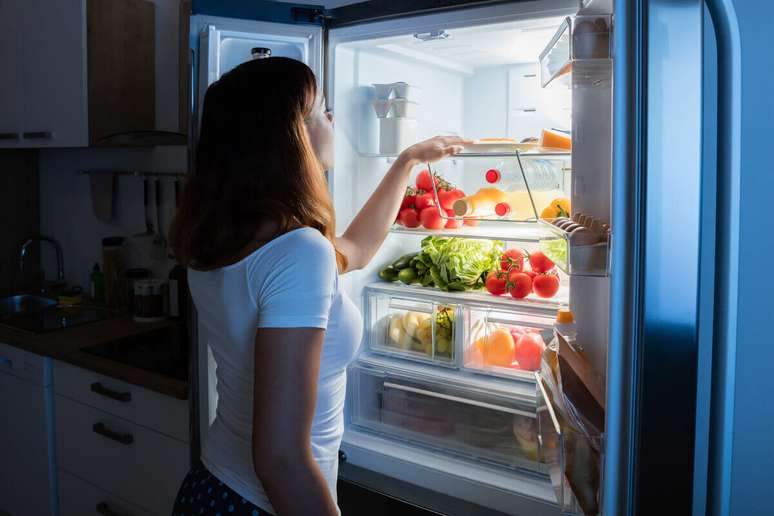Expert explains how lack of satiety can affect the well-being of the body
Eating disorder, represented by the feeling of perpetual hunger and the desire to eat without limits, is one of the symptoms that many people have experienced. But the thing is, this may not always be related to gluttony. Hormonal, nutritional, digestive, and even emotional issues can affect your appetite.
html[data-range=”xlarge”] figure image img.img-3132271f7fcca4d8b8889f1d7906877fxbyszjn9 { width: 774px; height: 516px; }HTML[data-range=”large”] figure image img.img-3132271f7fcca4d8b8889f1d7906877fxbyszjn9 { width: 548px; height: 365px; }HTML[data-range=”small”] figure image img.img-3132271f7fcca4d8b8889f1d7906877fxbyszjn9, html[data-range=”medium”] figure image img.img-3132271f7fcca4d8b8889f1d7906877fxbyszjn9 { width: 564px; height: 376px; }
“Sometimes when we’re hungry, we’re just dehydrated, have had a hard night with no sleep, or are eating really badly, consuming too much sugar, carbs, and the like,” says Dr. Rizzieri Gomes, cardiologist, focused on lifestyle change (SEM).
Factors affecting the quality of food
According to the doctor, to keep a eat healthy and to avoid external problems interfering with the quality of meals, it is important that people are aware of what they consume and how they consume it.
“Quick meals in front of the computer while working or watching television, for example, cause distraction and interrupt chewing, as well as not giving the person time to feel full. As a result, we can end up eating more than necessary”, explains the professional.

Consequences of lack of satiety
Furthermore, it is also necessary to remember that the lack of satiety has consequences on health, as food has a very close relationship with anxiety, once food becomes a compensation, a crutch to help control emotions. “The act of binge eating can lead to weight gain and increased anxiety,” says the doctor.
Reasons why people feel hungrier
To help control hunger, Dr. Rizzieri Gomes lists a few reasons why people have increased food cravings:
- Diet low in fiber and protein: both nutrients are what make the body feel fuller and delay the process of digesting carbohydrates;
- Dehydration: without the habit of drinking water frequently, it is possible that the body confuses the feeling of thirst with hunger;
- Sleep deprivation: lack of rest tends to raise cortisol levels (stress hormone) and ghrelin (hormone that stimulates the feeling of hunger);
- Lack of good fats: like proteins, they tend to be digested slowly by the body, which promotes satiety for longer;
- Excess sugar and refined carbohydrates: carbohydrates such as bread and pasta are rapidly absorbed by the body, causing an increase in glucose, which causes satiety at the moment. However, this high insulin content is short-lived, and soon after, the glucose level drops, which causes hunger more quickly.
By Mariana Parker
Source: Terra
Ben Stock is a lifestyle journalist and author at Gossipify. He writes about topics such as health, wellness, travel, food and home decor. He provides practical advice and inspiration to improve well-being, keeps readers up to date with latest lifestyle news and trends, known for his engaging writing style, in-depth analysis and unique perspectives.








